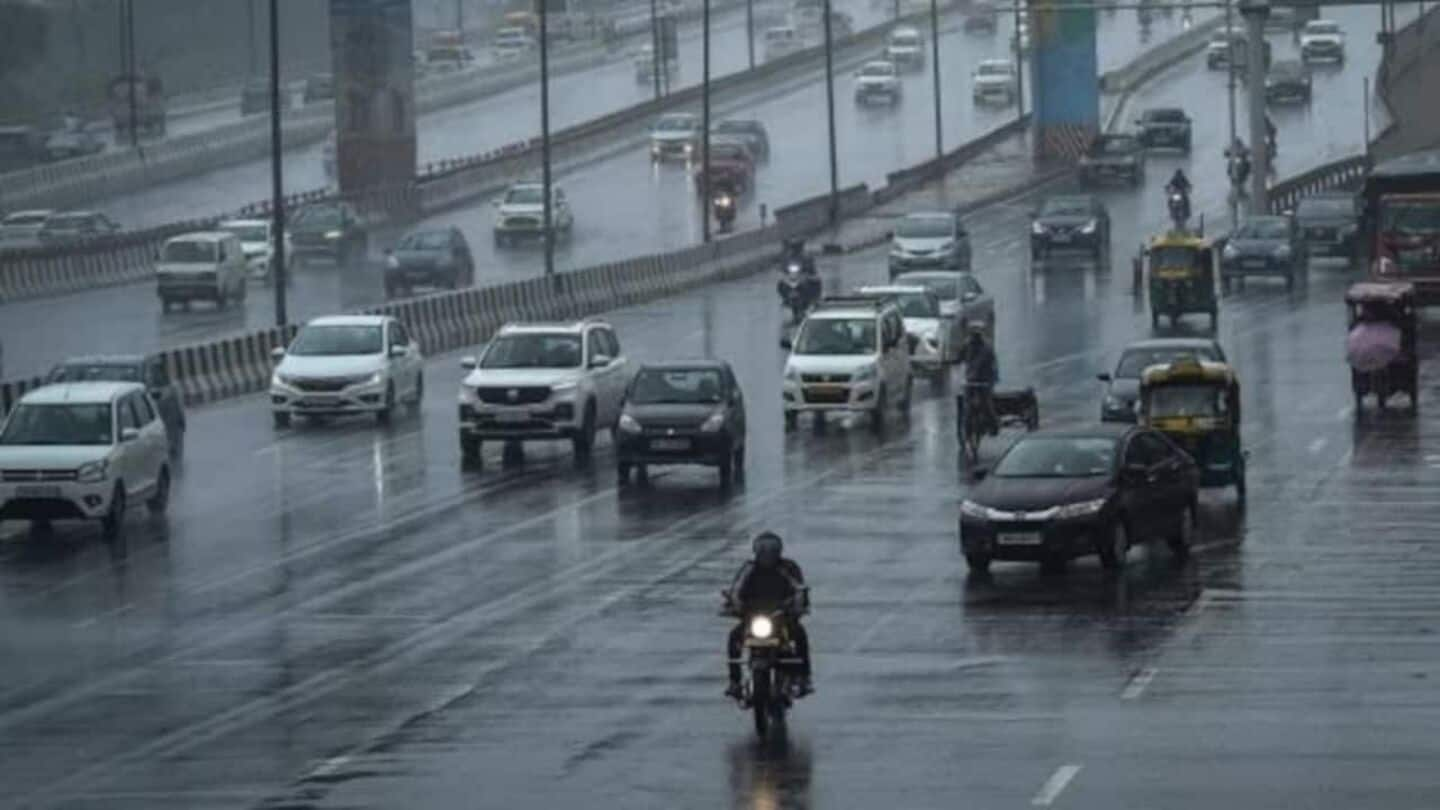
Delhi government postpones artificial rain plan; may be rescheduled post-monsoon
What's the story
The Delhi government's ambitious artificial rain project has been postponed. The cloud seeding trial, which was scheduled from July 4-11, will now be conducted after the monsoon season. The project aims to induce artificial rain to improve the city's air quality. It was originally planned to be conducted in select border areas of Delhi, especially in northwestern and outer regions, where pollution levels often spike during peak months.
Project details
Budget of ₹3.21 crore
The project, which is Delhi's first cloud seeding attempt, was announced by Environment Minister Manjinder Singh Sirsa. It has a budget of ₹3.21 crore and is based on similar projects in countries such as the UAE, China, and the US. However, the government has not disclosed why it decided to postpone this project, although weather inconsistencies and the unpredictable monsoon schedule have been suggested as possible factors.
Seeding method
How cloud seeding works
Cloud seeding involves injecting certain chemicals into moisture-laden clouds to induce rainfall. The Delhi project was to use modified Cessna aircraft to spray a mix of silver iodide nanoparticles, iodised salt, and rock salt over northwest and outer Delhi. Each sortie was planned to cover 100 square kilometers in five 90-minute flights.
Effectiveness debate
Can increase rainfall by 5-15%
Cloud seeding can increase rainfall by 5-15%, depending on cloud conditions. While it isn't a guaranteed solution, even a small amount of rain can significantly improve air quality. However, the results are mixed globally. A pilot project in India only showed a 3% increase in rainfall. Despite this, experts consider cloud seeding an important tool when natural rainfall is insufficient or unpredictable.